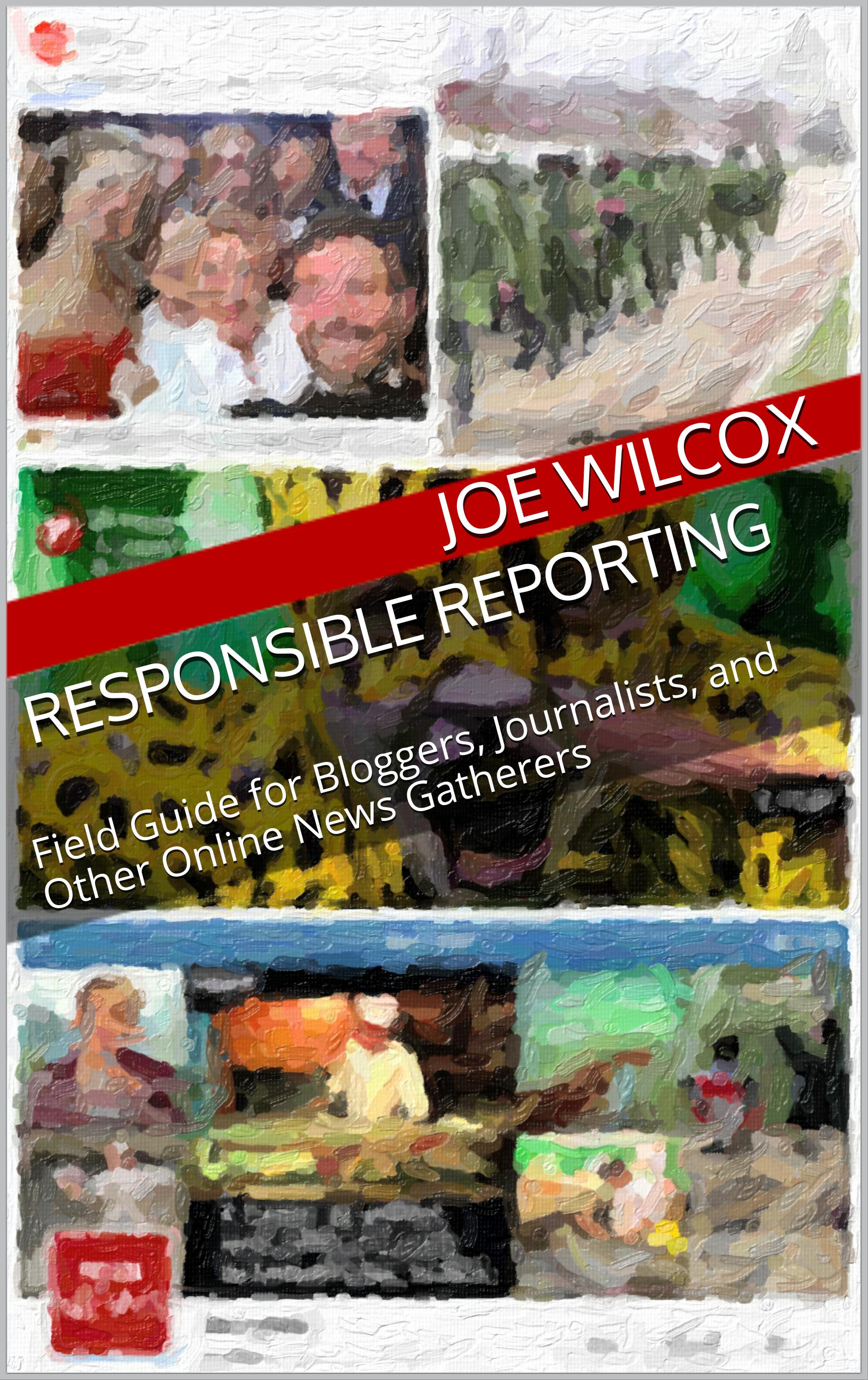Over the weekend, during our online chat, someone boasted about another writer taking top placement on Google News. “Once you start looking for Google News ranking you’ve lost your way”, I responded. “I never look. I don’t even look there for stories to read”. It’s true. Nearly three months into the year, I haven’t visited Google News even once.
As a resource for readers, the site can be useful. For writers, Google News is bad news. I know way too many bloggers or journalists who obsesses about placement there too much. They write stories and carefully craft headlines to get lift, knowing that top placement can bring tens of thousands pageviews in just a few hours.








